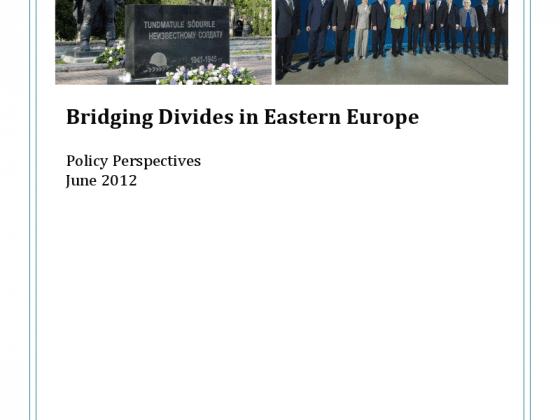Despite the clear progress in Russian democratization at the federal level, the trend appears to be in the opposite direction at the regional level, a movement spearheaded by the Federation's constituent ethnic republics. This trend is likely to continue since Russian central power is weak and because local autocracy gives local leaders greater power on the federal stage since they have greater power to deliver votes in federal races.
The implications for Russian political development are significant. First, the most promising Russian political parties are likely to emerge primarily as coalitions of key regional leaders. Second, since agricultural regions are easier to manipulate politically than urban ones, rural regions are likely to grow in their political clout. Third, since the ethnic republics are leading this trend, their influence is likely to be great enough to defeat attempts to limit their power in the short run. Western policy can work to counteract the shift in power to local autocrats, but only at the margins, with a series of initiatives targeted specifically at Russia's 89 regions. The regionalization of autocracy may not be all bad, however, since in the long run it may actually provide foundations for a stable, competitive democracy in Russia. […]









